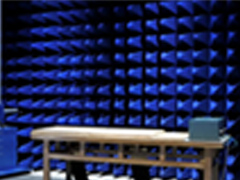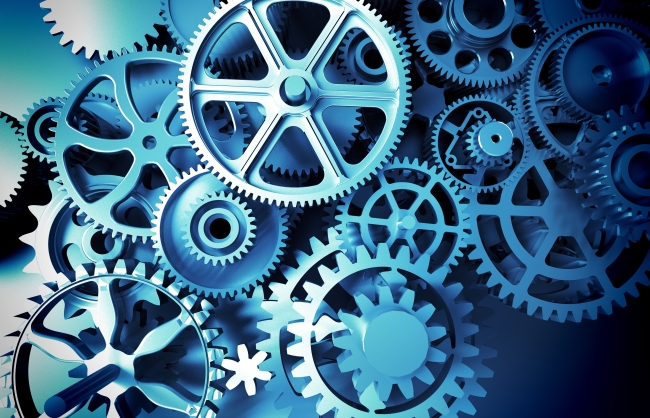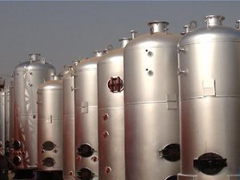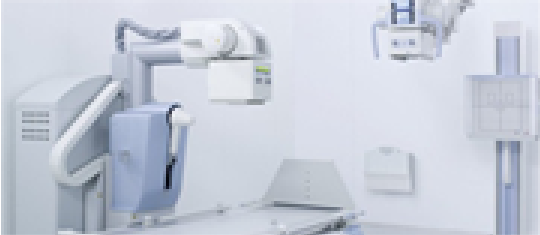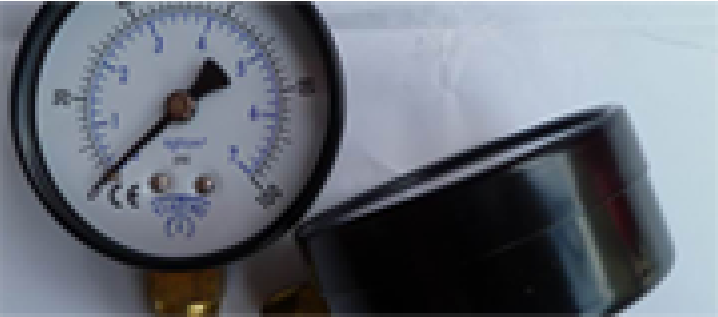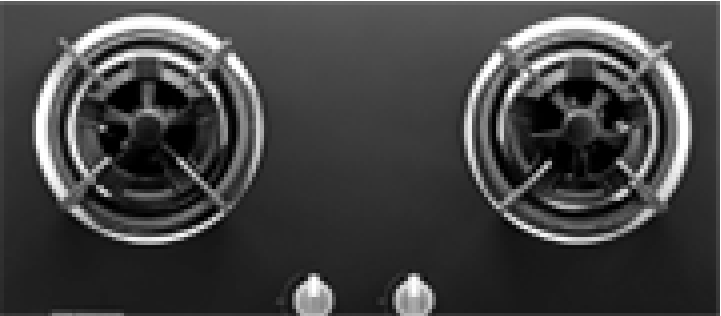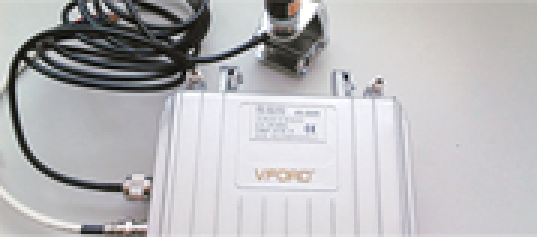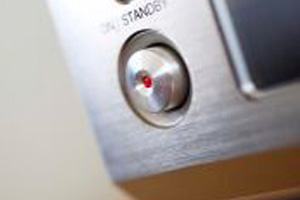On 6 July 2005, the European Parliament and the Council adopted the Framework Directive 2005/32/EC (hereinafter referred to as the EuP Directive) on the establishment of ecodesign requirements for energy-consuming products. As a part of the integrated product strategy framework, the EuP directive takes into account the consumption of resources and energy and the impact on the environment during the whole life cycle of the product, and proposes the framework policy of minimum energy efficiency standards for energy-consuming products. Through strengthening ecological design, the performance of the product is improved, energy utilization efficiency is increased, and the negative impact on the environment is minimized. The Directive provides that the Member States of the European Union shall complete the national legislative and administrative provisions necessary to comply with this Directive by 11 August 2007.
The range of products covered by the EuP Directive is very broad. According to the provisions of the EU EuP Directive, in principle it includes all energy-consuming products placed on the market, products that generate, convert and measure such energy (excluding means of transport), and components used to be incorporated into energy-consuming products and sold directly to end users on the market as separate components. The energy consumed by the product includes electricity, solid fuel, liquid fuel and gas fuel.
After the entry into force of the Directive, the European Commission proposed guidelines for the implementation of environmental design for heating and hot water equipment, electric motor systems, lighting equipment for homes and services, household appliances, office equipment for homes and services, ventilation and air conditioning equipment, etc. - < a href = "http://www.globalgd.com/" > < strong > CE certification body < / strong > < / a > < / span > < br / >
The Directive was proposed to create a complete regulatory framework as the basis for product environmental design, and it is hoped that the directive will achieve the following four main objectives:
Improve the overall environmental performance of these products to protect the environment;
Protect the interests of industry and consumers.
2. EuP directive compliance evaluation
Before placing on the market and using energy-consuming products, the manufacturer or the manufacturer's authorized agent shall ensure that the products have been prepared in accordance with the Annex to the EuP Directive. Internal design control” And annex V“ Conformance evaluation management system” The energy consuming products that have passed the evaluation shall be affixed with the CE mark before they are put on the market or start to use.
The manufacturer or its authorised representative shall issue a declaration of conformity in accordance with Annex VI of the Directive. The documentation relating to the assessment and declaration of conformity shall be kept for 10 years after the manufacture of the last piece of the energy-consuming product and shall be made available for inspection within 10 days of the request from the Member State.
If the manufacturer of the energy-consuming product is outside the EU and does not have an authorised agent in the EU, the importer shall bear the above responsibility for ensuring that the relevant product passes the conformity evaluation and maintains the relevant evaluation and declaration documents.
3. Implementation measures of EuP directive
The EuP directive is not a product-specific directive, but a framework directive. In line with the relevant provisions of this Directive, the EU will develop further directives on product requirements, known as “ implementing measures ” .
The EuP Directive sets out the guidelines for the subsequent development of implementation measures. First of all, in the selection of energy-consuming products, it is necessary to choose a large volume of sales and trade, which has a significant impact on the environment in a certain aspect, and can significantly improve the impact of EuP on the environment without spending too much cost, and should consider the EU's environmental protection priorities. For the content of the measures, the whole life cycle of the product should be taken into account, the performance of the product should not be significantly affected, there should be no adverse impact on health and safety, there should not be a significant negative impact on consumers, in particular, there should not be a significant negative impact on consumers' purchasing ability and the life cycle cost of the product. It should be taken into account that there should be no appreciable negative impact on the competitiveness of manufacturers, including in markets outside the EU.
Article 15 of the EuP Directive sets out the principles to be followed for energy-consuming products to be considered for implementation measures:
Have a certain sales and trade scale in the EU market (more than 200,000 sets per year);
The product has a significant impact on the environment (such as the four areas of significant impact on the environment referred to in the EU Environment Programme VI: climate change, natural and biological diversity, environmental health and quality of life, natural resources and waste);
The potential to improve environmental impact without excessive cost increases.
This is in addition to the EU's environmental priorities (such as greenhouse gas emissions).
Article 21 of the EuP Directive, by amending several directives on energy-consuming products relating to minimum energy consumption requirements, designates existing Directives 92/42/EEC, 96/57/EC and 2000/55/EC as implementing measures on energy efficiency in use for residential hot water boilers, domestic refrigerators and fluorescent lamp ballasts, respectively. At the same time, when the above directives are amended or repealed in the future, they will be implemented in accordance with the framework of the decision-making mechanism provided for in Article 19 (2) of the EuP Directive.
4. Penalties for EuP directives
EuP directive related punishment measures are:
When the relevant authorities of the Member States make such prohibition or restriction decisions, in addition to making them public, they shall also notify the relevant parties, including the Commission and other Member States, explaining the reasons, and inform the party affected by the decision of the avenues and duration of legal assistance available;
Upon receipt of such notification, the Commission shall immediately consult the relevant parties and seek technical advice from independent external experts. If the Commission considers that the decision of a Member State is not justified, it shall immediately notify the Member State and publish its opinion in the Official Journal of the European Union;


